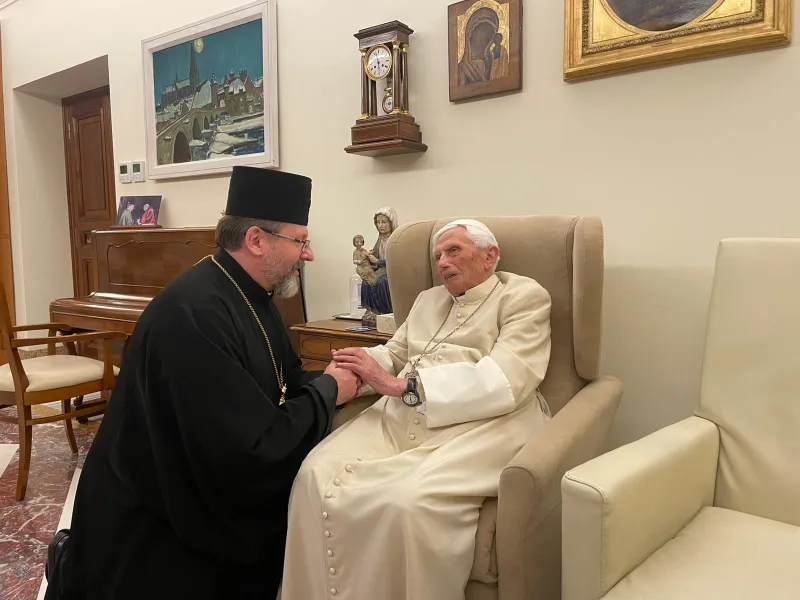
CNA Staff, Jan 7, 2024 / 06:00 am (CNA).
New Orlean’s Good Shepherd School, which serves low-income urban youth, received an extraordinary Christmas gift this year: a large financial gift from New Orleans Saints and New Orleans Pelicans owner Gayle Benson.
According to the Saints’ website, Benson’s gift will help the school launch a second location so it can help even more inner-city youth to receive a Catholic education.
“At a time when inner-city Catholic schools are closing at an alarming rate throughout our country, I wanted to contribute to the Good Shepherd School by helping them expand their school to reach more kids in the community,” Benson told CNA. “Every child deserves the opportunity to thrive, and through a faith-based education, we can empower our young people for generations to achieve their goals.”

The school’s second location will be called “The Gayle and Tom Benson Good Shepherd School – Giving Hope Campus.”
Students attend the school essentially tuition-free. Good Shepherd’s website says that parents/ guardians of students “pay $125 per year and are required to be involved through a parent time investment requirement and attendance at various GSS community events.” The projected annual cost per student is $14,000, which is funded through fundraising programs and benefactors.
Founded in 2001 by the late Father Harry Tompson, SJ, Good Shepherd has achieved a reputation for academic achievement and a commitment to excellence. According to an article on the Saints’ website, 100% of its high school students graduate, and over 85% of those graduates are pursuing higher education. More than 60 of their 239 alumni are “actively engaged” in pursuing college degrees, marking a significant stride toward their academic and professional goals. Graduates of the school have attended over 25 colleges to date.
The school maintains small class sizes and extended days — students begin at 7:30 a.m. with breakfast and are not dismissed until 4 p.m., “with students participating in an hourlong enrichment period which includes creative activities, art, dance, music, athletics, technology, and academic-related sessions,” according to the school’s website.
Good Shepherd also provides a year-round faith-based education as well as “support and guidance through college and beyond to help break the cycle of generational poverty.”

Benson told CNA that she believes a great Catholic school is one that “teaches students not only the basics of life and beyond but also teaches the value of faith and not comprising in life, personally and professionally.”
Benson, 76, who became the principal owner of the Saints and the Pelicans after the death of her husband, Tom Benson, in 2018, went to Catholic school until her junior year and says her faith is very important to her.
“I feel so blessed to be in a position to share it with others. I have been active in the Church throughout my adult life, and it has allowed me to grow spiritually and professionally,” she said.
Benson’s gift to Good Shepherd — which is an undisclosed amount but will reportedly cover the cost of the new school to be built — came at the end of Benson’s “Month of Giving.” When asked what criteria she uses when deciding on where to give, Benson told CNA she looks at measurable data, but she also takes it to prayer.
“Accountability and past success,” she said. “Then I allow the Holy Spirit to guide me. A person can never out-give God, but he also wants us to reflect on giving. I reflect and pray for the correct answers.”

President and CEO of Good Shepherd School Thomas G. Moran Jr. said that while similar schools are closing, Good Shepherd School is “defying the odds and opening a second campus,” which he said “could not be done without the faith-filled generosity of Mrs. Benson, who serves as a shining example to others of what it truly means to be a partner in the Good Shepherd mission.”
If you value the news and views Catholic World Report provides, please consider donating to support our efforts. Your contribution will help us continue to make CWR available to all readers worldwide for free, without a subscription. Thank you for your generosity!
Click here for more information on donating to CWR. Click here to sign up for our newsletter.





Good for her & God bless her for her generosity.